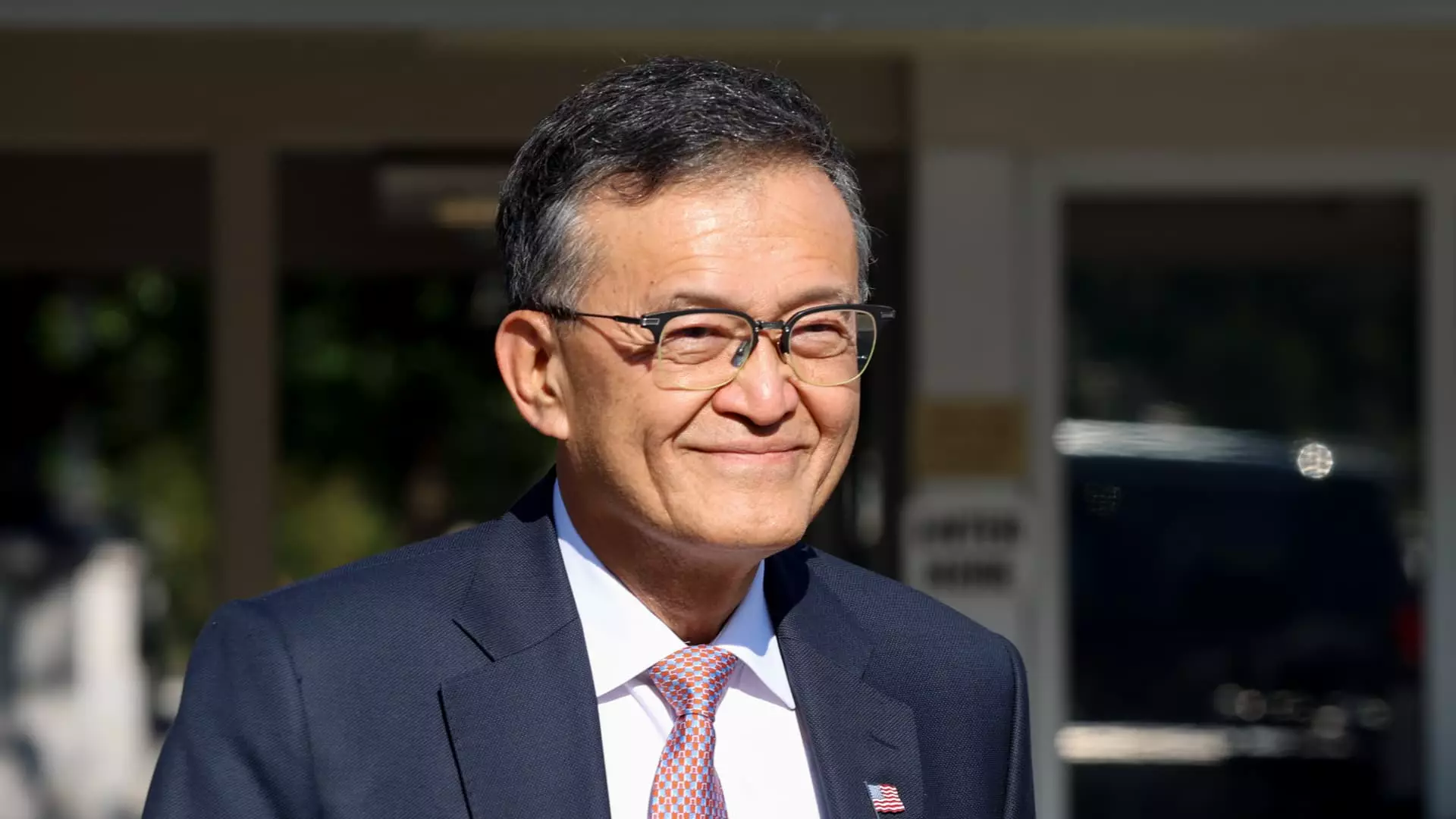In a move that signals a profound shift in the U.S. tech landscape, the prospect of the federal government acquiring a stake in Intel sparks both intrigue and skepticism. While some see this as a strategic effort to revitalize America’s chip industry, others argue it risks diluting the private sector’s innovation drive. Intel, historically a symbol of American technological prowess, has faced mounting challenges—plagued by declining market share in artificial intelligence and delays in its manufacturing expansions. The potential government involvement could act as a double-edged sword; on one hand, injecting much-needed capital and political support, and on the other, entangling the company in politicized interests that threaten its independence and agility.
The rumor that the Trump administration is considering a stake in Intel underscores its enduring belief that national security and economic sovereignty depend on domestic chip manufacturing. Yet, this approach raises fundamental questions about the role of government in a market traditionally driven by competition and innovation. Could a government-ownership model hinder Intel’s ability to pivot quickly in a fiercely competitive global environment? Or does it present a pragmatic necessity in a world where technological dominance is intricately tied to national security?
Strategic Failures and the Road Ahead
Intel’s recent struggles are rooted in strategic missteps. The company’s sluggish response to artificial intelligence demands and its hesitance to pivot from legacy manufacturing plants have put it behind rivals like Taiwan Semiconductor Manufacturing Company (TSMC) and Samsung. Moreover, major investments in new foundries and corporate restructuring have yet to bear fruit—highlighting the critical failure to secure significant clients for their foundry operations. The delays and cancellations of planned facilities in Germany and Poland, coupled with the slowdown in Ohio, reveal a company that is trying to catch up rather than innovate.
The timing of CEO Lip-Bu Tan’s appointment and his recent visit to the White House, amid political controversies, exposes Intel’s vulnerability. While Tan emphasizes commitment to U.S. security interests, the company’s internal struggles and high-profile setbacks paint a picture of an enterprise looking for a savior—be it political or financial. The government’s potential stake could act as a catalyst or a crutch, depending on how deeply political motives influence strategic decisions.
Is This a Win or a Trap for Capitalism?
From a pragmatic, center-right perspective, the move toward government involvement reflects a recognition that the free market alone may no longer suffice to sustain American leadership in critical technology sectors. It underscores the importance of strategic partnerships and targeted investment, especially in industries pivotal to national security and economic stability.
However, this intervention must be carefully managed. Excessive government control risks discouraging private innovation, creating dependency rather than fostering resilience. The broader implications—such as increased politicization of corporate decisions and potential retaliation from international competitors—must be scrutinized. This scenario presents a pivotal question: Will we see a rebirth of American chip manufacturing through strategic support, or will government meddling entrench a cycle of dependency that hampers true technological progress?
Ultimately, Intel’s future hinges on its ability to adapt swiftly, innovate relentlessly, and resist being overshadowed by political interference. While a government stake might provide short-term relief, the long-term success of this approach depends on balancing national interests with strategic corporate independence. If wielded wisely, it could be the spark that reignites American manufacturing dominance; if not, it risks turning a proud industry into a state-controlled relic.

